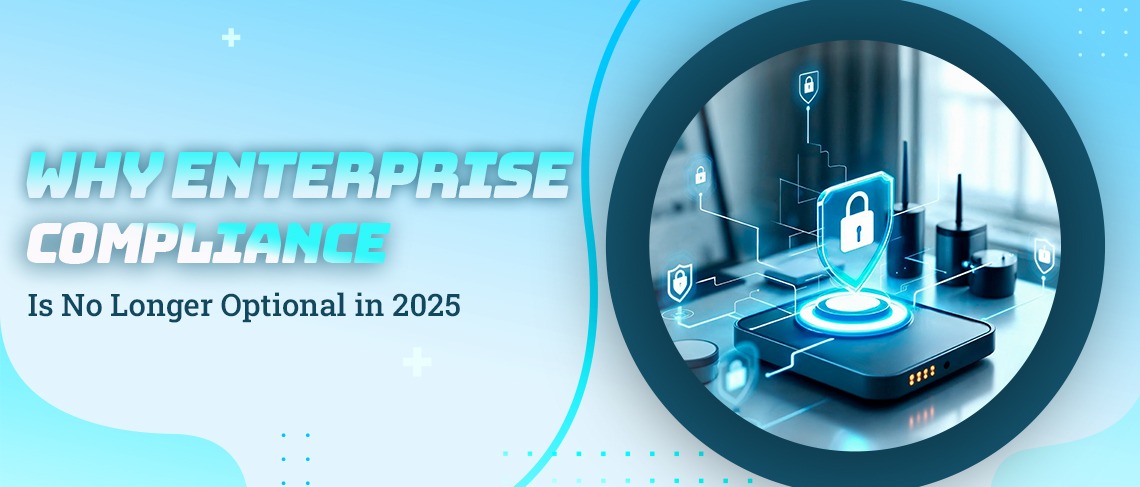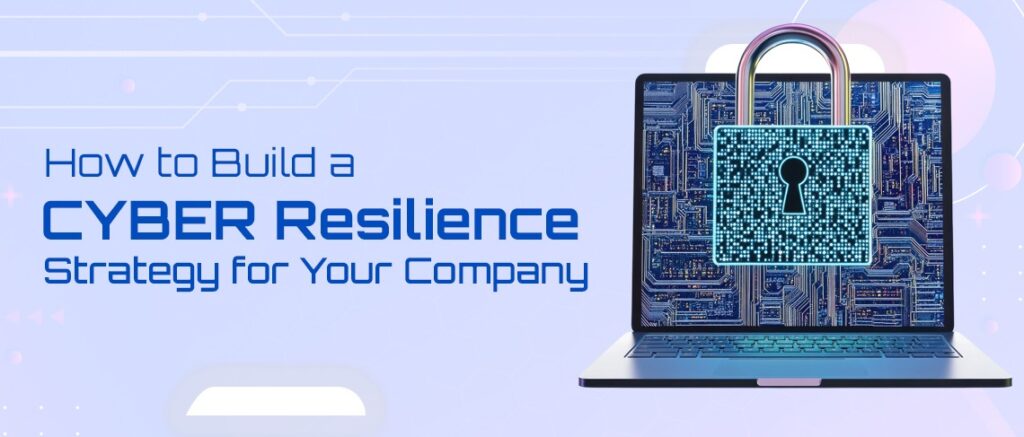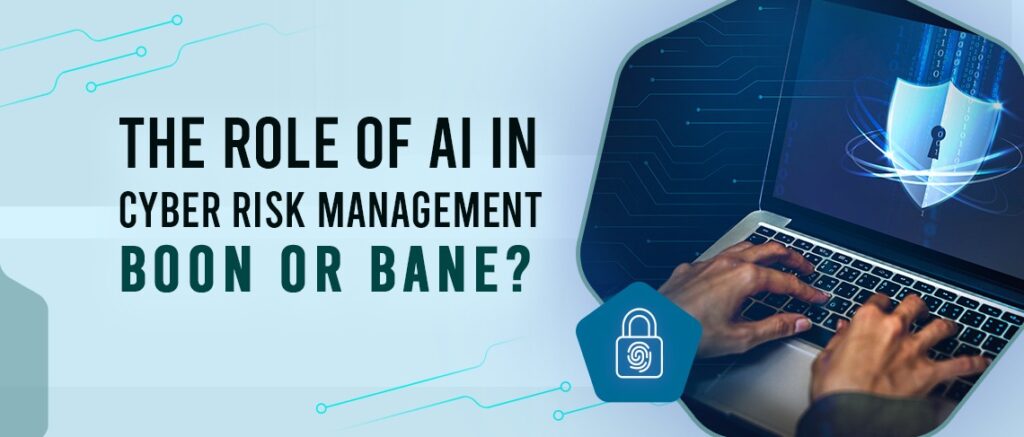Enterprise compliance has long been regarded as a regulatory checkbox, a secular requirement to maintain the business strolling without prison interruptions. Over the years, but, compliance has evolved into a complicated characteristic that safeguards agencies against monetary, reputational, and operational risks. Come 2025, this landscape has hit a critical turning point.
The rise in global regulations and enforcement measures is forcing businesses to rethink their compliance strategies. Ignoring compliance is no longer an option; it’s a non-negotiable aspect of operating in a dynamic and interconnected global market. This blog explores why time is of the essence for enterprises to prioritize compliance, the shifting regulatory landscape, and how you can future-proof your organization to thrive.
The Rising Tide of Global Regulations
Evolving Privacy and Data Protection Laws
The beyond few years have visible international governments imposing stricter statistics privateness policies. Frameworks like the EU’s GDPR have matured, at the same time as India’s Digital Personal Data Protection (DPDP) Act, Saudi Arab’s Personal Data Protecton Law (PDPL) and UAE Personal Data Protection Law (UAE PDPL) and numerous evolving U.S. State legal guidelines (like California’s CPRA) have introduced layers of complexity for organizations operating across territories. Regulators are continuously updating those legal guidelines to address loopholes, preserving companies to even higher standards concerning how statistics are accumulated, processed, and shared.
Sector-Specific Mandates
Different sectors face specific compliance mandates, frequently making singular answers ineffective. Healthcare businesses want to observe HIPAA regulations, at the same time as those in finance must align with PCI DSS and anti-money laundering (AML) measures. Emerging fields like AI have won attention too, with frameworks just like the EU’s AI Act growing benchmarks around ethical AI operations.
Failing to keep up with these mandates won’t just result in fines; non-compliance in a sector like healthcare or AI could lead to legal halts in operational licenses, essentially shutting down entire business lines.
The Era of Cross-Border Complexity
Enterprises expanding into international markets enjoy the upside of new revenue streams but face regulatory overlap. For instance, compliance with both the GDPR and the newly developing ASEAN data protection laws may expose businesses to differing demands. Companies like Google and Meta have already faced penalties for failing to satisfy cross-border operational standards. This complexity amplifies risks for businesses that treat regulatory updates as an afterthought.
Navigating the global regulatory web in 2025 is not optional; it’s essential for long-term survival.
The Business Risks of Non-Compliance
Financial Penalties and Legal Consequences
The immediate fallout for enterprises ignoring compliance is hefty fines. Many well-known brands discovered the hard way in the past several years.
Loss of Customer Trust
Today’s clients demand transparency. Even one slip-up, which includes an information leak, can result in a PR catastrophe. Statistics predict that 70% of clients could switch brands after a breach of belief due to non-compliance.
When Facebook faced privacy concerns tied to prison moves, the #DeleteFacebook campaign symbolized more than user dissatisfaction. It established how negative compliance practices may want to erode years of emblem construction.
Compliance as a Competitive Advantage
While the dangers of non-compliance can be severe, proactive compliance can transform this characteristic right into a strategic gain. Enterprises’ main compliance projects are better equipped to win customer acceptance as true with and dominate their markets.
Building Market Trust Through Transparency
Organizations with airtight compliance practices encourage patron self-belief. Consumers and partners often gravitate in the direction of organizations prioritizing facts safety and operational integrity, fostering emblem loyalty.
A Gateway to Global Expansion
Global expansion hinges on navigating regulatory landscapes. Enterprises organized with compliance contingencies discover fewer boundaries when launching operations across borders.
Fostering Operational Efficiency
Compliance frameworks aligned with governance protocols establish smoother workflows amongst move-practical teams. An operationally obvious corporation minimizes bureaucratic hurdles and maximizes productiveness.
Compliance, whilst embraced as greater than a requirement, offers measurable enterprise gains, allowing businesses to face out in aggressive markets.
The Role of Technology in Modern Compliance
AI and Automation for Real-Time Monitoring
Today’s AI advancements permit corporations to monitor compliance dangers in actual time, flagging anomalies earlier than those that snowball into fines or penalties. Tools like herbal language processing or automated auditing streamline regulatory reporting, helping corporations live compliant with less guide intervention.
Cloud-Based Compliance Solutions
Cloud platforms consolidate disparate information factors onto dashboards, allowing commercial enterprise leaders to benefit from a 360-degree view of compliance gaps. Tools which include Microsoft Compliance Manager integrate multiple regulations into one platform, imparting adaptive guidelines.
The Rise of RegTech
Enter RegTech. These regulation-focused technologies assist businesses in interpreting complex felony clauses, decreasing ambiguity. Startups specializing in regulatory technology are presenting tools that simplify labor-extensive monitoring, bolstering the compliance atmosphere extensively.
Building a Culture of Compliance
Leadership Matters
Compliance flourishes while ownership exists from the top. Businesses ought to prioritize schooling C-stage executives and contain Chief Compliance or Risk Officers as visible leaders riding regulatory adherence.
Embedding Across Functions
Compliance operates successfully whilst all enterprise devices, from human assets to IT, collaborate seamlessly. Training packages ensure each branch takes responsibility for keeping standards.
Daily Workflows Matter
Workshops, organization-extensive alerts, or software programs that encourage real-time reporting foster an engaged compliance lifestyle. When each employee views compliance as part of their position, staying within bounds will become 2d nature.
Future-Proofing Compliance for 2025
Regular Audits
Conducting annual or bi-annual audits ensures that compliance weaknesses are recognized and rectified directly.
Investment in Scalable Solutions
Since regulations are increasing in scope, making an investment in gear scalable to changing frameworks is vital.
Proactive Awareness
Staying informed through regulatory feeds and aligning with specialists (whether in law or RegTech) guarantees your business remains one step ahead of rising requirements.
Building Partnerships
Collaborating with prison, technological, and operational companions enhances understanding of complicated global frameworks, creating systemic safeguards.
Compliance as the Foundation for Enterprise Growth
Enterprise compliance is no longer optional; it’s far the backbone of sustainable and accountable enterprise practices. For firms prepared to fulfill 2025 head-on, compliance serves as an increase enabler, and defensive operations whilst unlocking new market opportunities. Organizations that put off frequently analyze this lesson too past due.
Taking proactive action today can protect tomorrow’s achievement. Start your compliance readiness with the aid of evaluating your present-day practices and exploring modern equipment to make certain alignments.
Call to Action: Begin your compliance transformation these days with professional-led insights, modern-day technology recommendations, and step-by-step frameworks tailor-made for firms. The 2025 clock is ticking.



